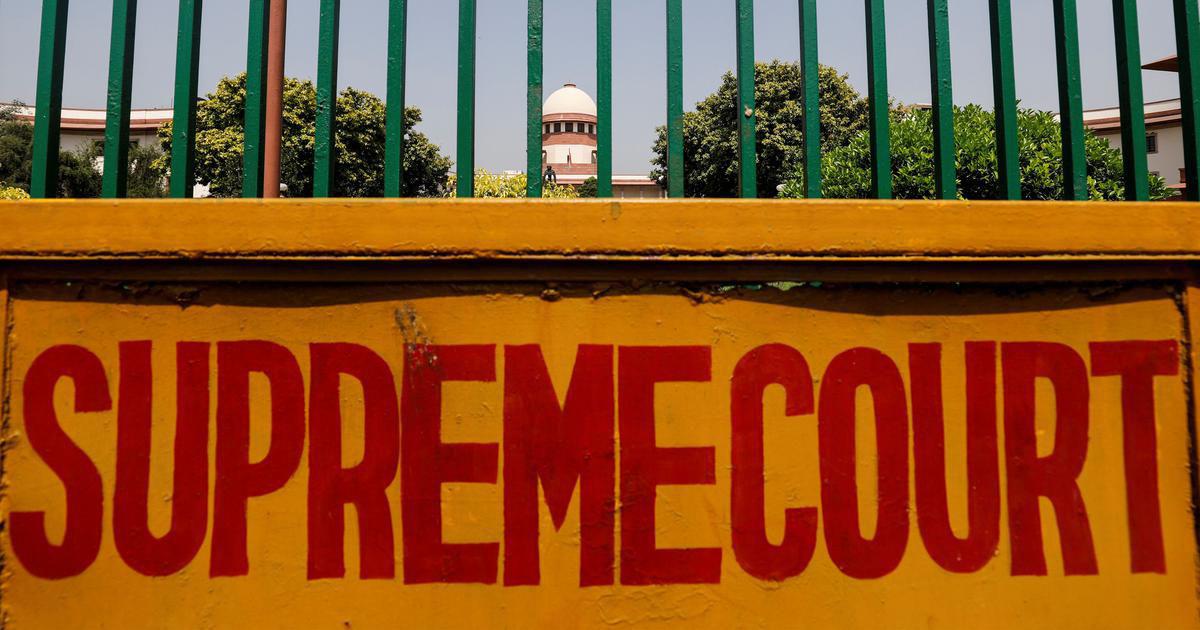As AI imitations crop up, a push for ‘right to own one’s voice’
Voice actors and rights advocates hope platforms will pay named voices instead of startups that sell AI copies fed by data scraped off the web.


Voice actor Armando Plata does not recall promoting a shopping mall in Bogota, narrating a porn movie or advertising a big bank. Yet his voice comes over loud and clear: schmoozing, sighing and selling with neither permission nor payment.
It was the mild, robotic twang – rather than worry over any memory lapse – that alerted Plata to the fact his voice had been quietly cloned via artificial intelligence, robbing the veteran actor of his key asset, artistic choice and vocal rights.
“I believe that the most cloned and artificially used voice in Spanish is mine,” said Plata, owner of a deep and lilting voice, 50-year audio career and president of the Colombian Association of Voice Actors.
Now Plata is organising with voice actors across Latin America to legislate the “right to own one’s voice”.
The group is not alone in what is emerging as a global push for human rights against the precipitous rise of AI.
From South Africa to Europe, Japan to the United States, artists are joining forces to protect their jobs, and their souls, from the ramifications of AI that sounds just like them.
The genesis of the voice grab seemed innocent enough.
It was two decades ago that Plata took part in a paid, text-to-speech project for a firm...



































![Safari Thorium Neo 8-Wheel Luggage Set Trolley Bags (Set of 3) at just Rs. 5,599 [MRP 29,100]](https://savefree.in/uploads/images/202409/image_870x580_66f63845060f0.webp?#)












![Handmade Brown Mango Wood Chopping Board At just Rs. 89 [MRP 599]](http://savefree.in/uploads/images/202303/image_870x580_641bf7e9c2206.jpg?#)


